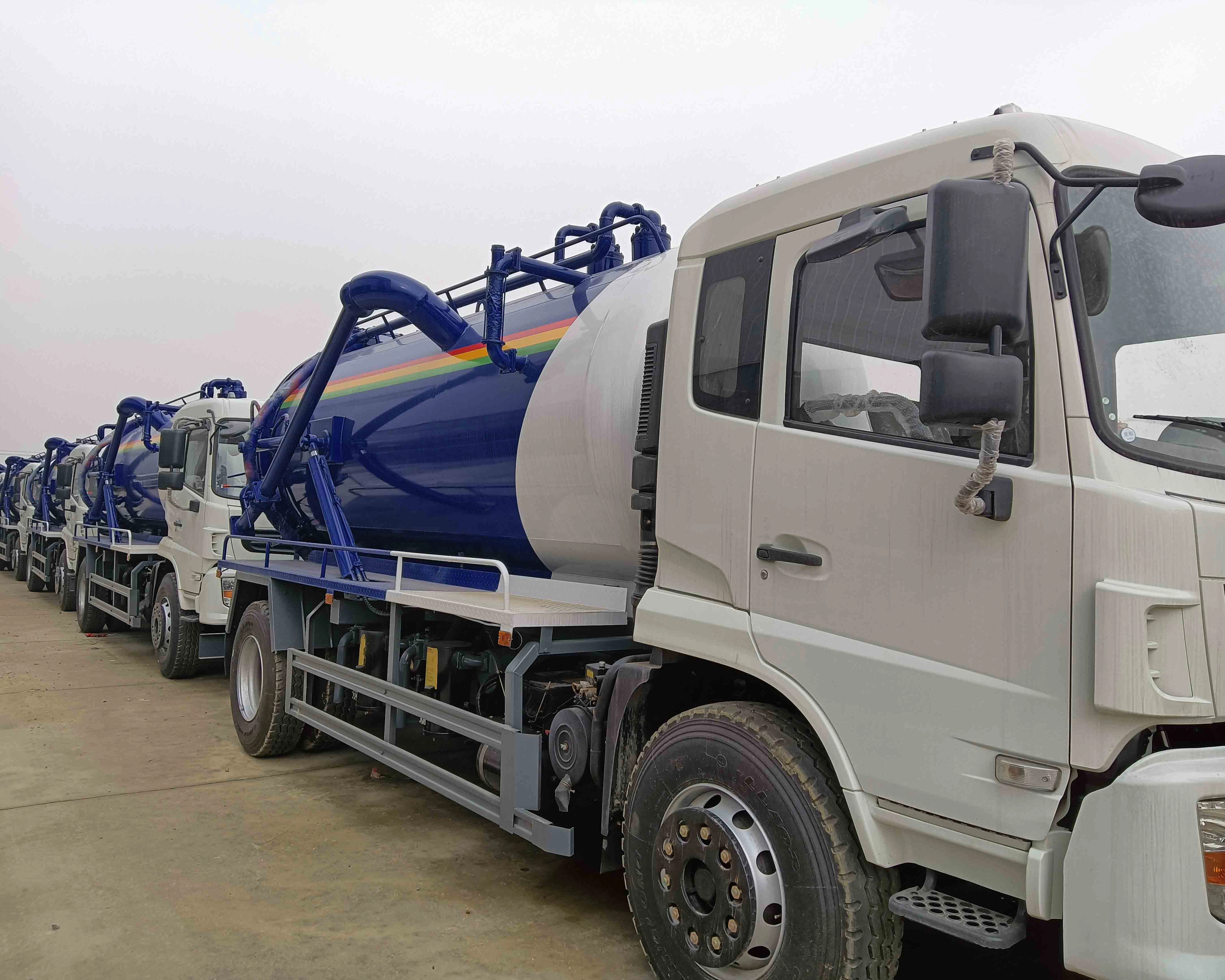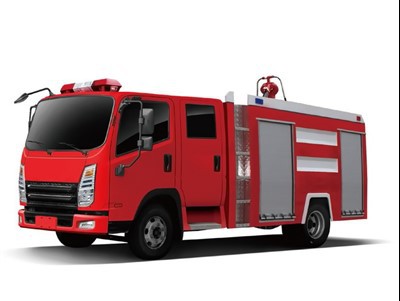Everything You Need to Know About 30 Ton Lorries

Introduction
When it comes to freight transportation, lorries play a pivotal role in moving goods efficiently and effectively. Among various categories, a 30 ton lorry stands out due to its impressive load capacity, versatility, and reliability. This article provides a comprehensive overview of 30 ton lorries, covering their specifications, uses, types, and much more. Whether you’re a logistics professional, a business owner, or simply curious about heavy-duty vehicles, this guide will equip you with essential knowledge about 30 ton lorries.
Understanding 30 Ton Lorries
What is a 30 Ton Lorry?
A 30 ton lorry is a heavy goods vehicle (HGV) designed to carry a maximum payload of 30,000 kilograms (or approximately 66,138 pounds). These vehicles are commonly used in various industries, including construction, logistics, and transportation, thanks to their robust build and significant carrying capacity.
Specifications and Features
| Feature | Specification |
|---|---|
| Maximum Payload | 30,000 kg |
| Engines | 250 to 450 HP |
| Cargo Volume | Varies based on body type (e.g., flatbed, box) |
| Typical Dimensions | Length: 6 to 10 m; Width: 2.5 m; Height: 3 to 4 m |
| Fuel Type | Diesel |
Types of 30 Ton Lorries
1. Box Lorries
Box lorries feature a fully enclosed cargo compartment that protects goods from weather and theft. These are ideal for transporting delicate items, such as electronics or food products.
2. Flatbed Lorries
Flatbed lorries have a flat cargo area without sides or a roof, making them suitable for transporting oversized machinery, building materials, or pallets. They provide flexibility in loading and unloading.
3. Tipper Lorries

Tipper lorries are designed with an open-box bed that can be tipped to dump out its load. These are commonly used in construction for transporting gravel, sand, and other loose materials.
4. Refrigerated Lorries
These specialized lorries are equipped with refrigerated units to maintain low temperatures, making them ideal for transporting perishable goods such as fruits, vegetables, and pharmaceuticals.
Applications of 30 Ton Lorries
1. Construction Industry
In construction, 30 ton lorries are essential for transporting materials like concrete, bricks, and steel beams to job sites. Their durable construction allows them to handle rough terrains.
2. Logistics and Distribution
Logistics companies utilize 30 ton lorries for distributing a wide range of products across different regions. Their size allows for efficient stacking of goods for optimal use of cargo space.
3. Agriculture
Agricultural businesses benefit from 30 ton lorries when transporting crops to markets. They can easily carry large quantities of produce without compromising quality.
Advantages of Using 30 Ton Lorries
1. High Load Capacity
The primary advantage of a 30 ton lorry is its impressive load capacity, which allows businesses to transport large quantities of goods in a single trip, reducing transportation costs.
2. Versatility
30 ton lorries come in various designs, making them suitable for diverse industries, ranging from construction to food supply chains.
3. Durability
Built to withstand heavy usage and tough conditions, 30 ton lorries are a reliable choice for transporting heavy goods.
Considerations for Choosing a 30 Ton Lorry
1. Load Requirements
Evaluate your business’s load requirements carefully. Ensure the lorry’s capacity aligns with the weights and sizes of the goods you need to transport.
2. Type of Cargo

Consider the type of cargo you will be hauling. Different types of lorries are better suited for specific cargo types, such as refrigerated goods or loose materials.
3. Fuel Efficiency
With rising fuel costs, fuel efficiency is an important factor. Research the lorries’ fuel consumption rates to find a balance between power and economy.
Maintenance Tips for 30 Ton Lorries
1. Regular Inspections
Conduct routine inspections of the lorry’s tires, brakes, and fluid levels to ensure optimal performance and safety.
2. Schedule Maintenance
Follow the manufacturer’s recommendations for scheduled maintenance, including oil changes, filter replacements, and engine diagnostics.
3. Cleanliness

Maintain cleanliness inside and outside the lorry to prevent corrosion and contamination of goods. Regular washes help preserve the vehicle’s exterior.
Cost Factors of 30 Ton Lorries
1. Purchase Price
The price of a new 30 ton lorry can range significantly, typically between $50,000 and $150,000, depending on the features and specifications.
2. Insurance Costs
Insurance premiums vary based on factors like the lorry’s age, type, usage, and your location. Ensure you factor in these costs when budgeting.
3. Maintenance and Fuel
Regular upkeep and fuel costs play a significant role in the total cost of ownership. It’s important to factor in these ongoing expenses when investing in a 30 ton lorry.
FAQ Section
1. How much can a 30 ton lorry carry?
A 30 ton lorry can carry a maximum payload of 30,000 kilograms, making them suitable for heavy cargo transportation.
2. What types of goods are best suited for a 30 ton lorry?
These lorries are versatile and can transport a variety of goods, including construction materials, agricultural products, and perishable items when using refrigerated models.
3. What are the most popular brands for 30 ton lorries?
Some popular brands include Mercedes-Benz, Volvo, Scania, and MAN, known for their reliability and performance in the heavy-duty category.
4. Are there special licenses required to drive a 30 ton lorry?
Yes, typically drivers need a Commercial Driver’s License (CDL) or its equivalent, depending on the country’s regulations governing heavy vehicle operation.
5. Can a 30 ton lorry be used for intercity transportation?
Absolutely! Many businesses utilize 30 ton lorries for intercity transportation due to their larger cargo capacity, allowing for efficient multi-stop deliveries.
6. How do I choose the right type of 30 ton lorry?
Consider factors such as the type and size of cargo, required cargo protection, average distances traveled, and specific industry needs to choose the right lorry.
